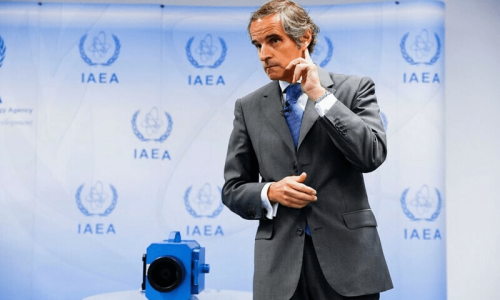ISLAMABAD, June 18: The government on Wednesday informed the Senate that it wanted to completely eliminate consumer subsidy on wheat as, according to Finance Minister Naveed Qamar, the subsidy had never benefited Pakistani farmers.
He said that instead of paying subsidy on wheat, the government wanted to reduce the cost of agricultural inputs by doubling the subsidy on DAP fertiliser and removing sales tax.
Officials at the ministry of food and agriculture told Dawn that the government should not withdraw the consumer subsidy on wheat before introducing a ration system for the poor.
Besides, the government should increase the present minimum wage to Rs10,000, they added.
They said the withdrawal of subsidy on wheat might increase the flour price to Rs50-60 a kg from the present Rs25-30. This would force domestic consumers to buy flour at the international market rate, they added.
“Pakistan will be the first country to withdraw the consumer subsidy on food,” a senior official at the food and agriculture ministry told Dawn.
He said that even the US and India had food stamp systems that enabled the poor to get food on subsidised rates.
Official figures showed that from September last year till April this year, the government had provided about 50,000 tons of wheat to flour mills on a daily basis on a subsidised rate of Rs465 per 40kg. This subsidy kept the ex-mill price of wheat around Rs380 per 20kg and cost the government Rs45 billion.
Before the start of the wheat crisis in November last year, the government had followed a quota system under which 30 per cent of wheat the mills ground had come from the government’s storages and 70pc from millers’ own godowns. But during the flour crisis, majority of the mills totally depended on government’s subsidised wheat.
Agricultural experts believe that the Benazir Package providing Rs1,000 monthly support to a poor family needed to be increased to Rs3,000-4,000.













































Dear visitor, the comments section is undergoing an overhaul and will return soon.